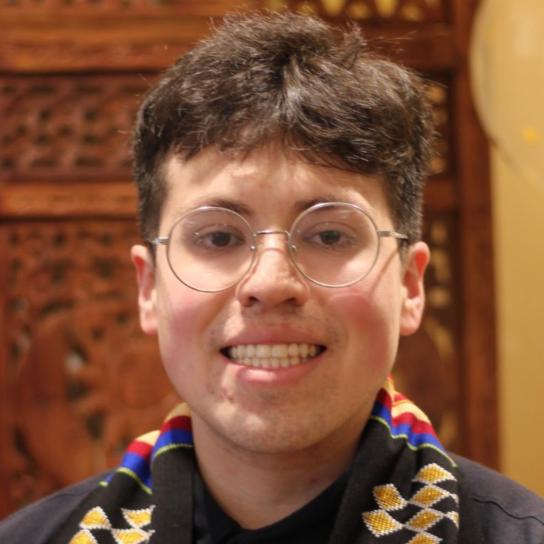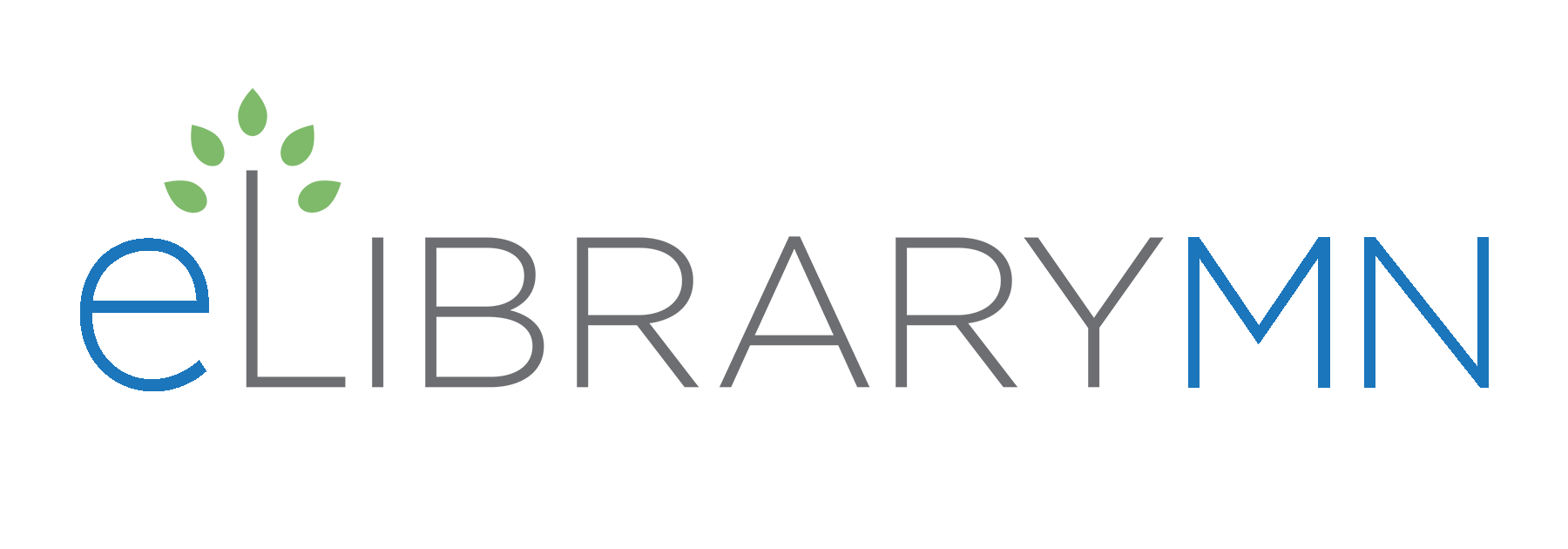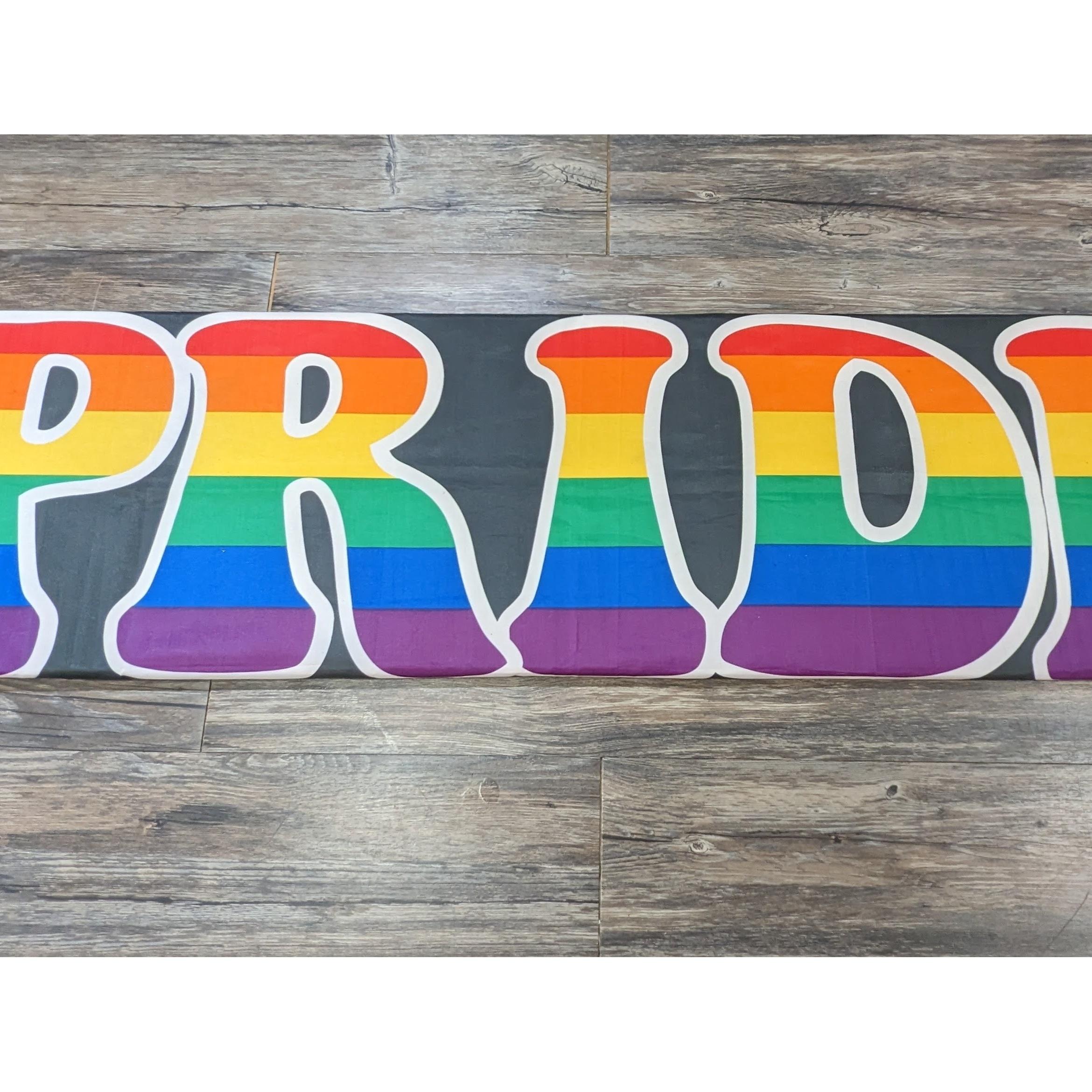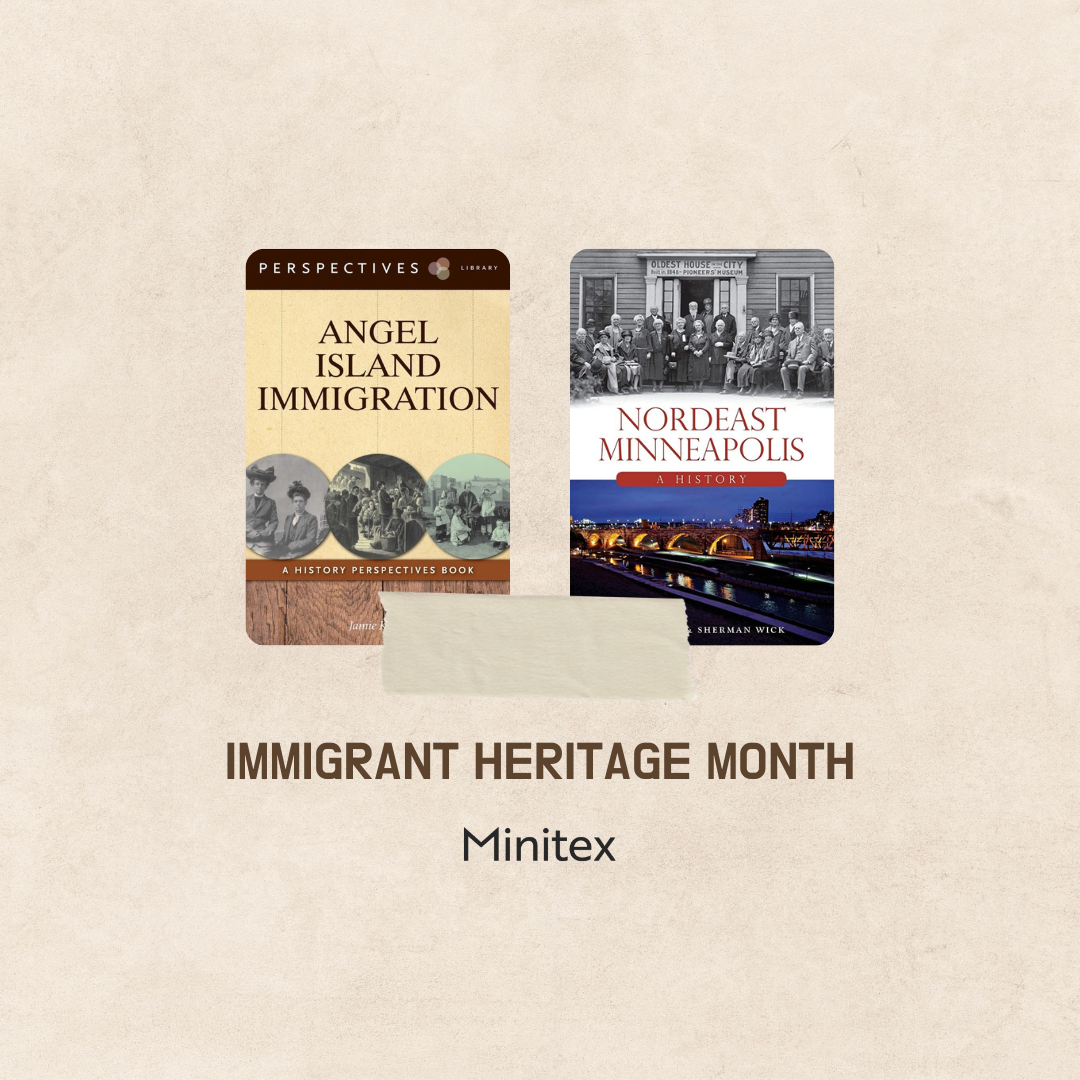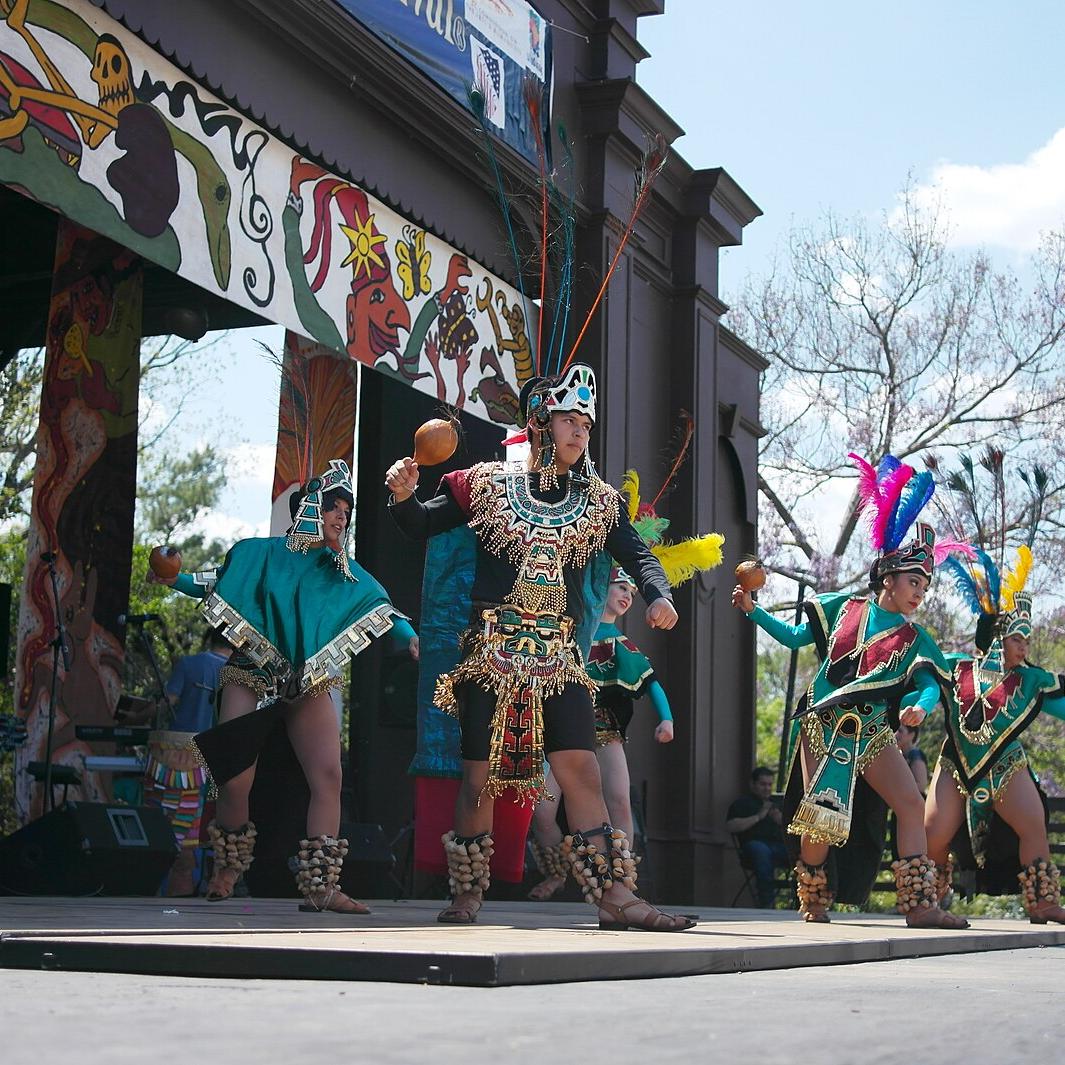Quick Summary
In 2023, Juneteenth became an official holiday in Minnesota, following approval by the state legislature and Governor Tim Walz. Minnesotans can learn more about Juneteenth through eLibrary Minnesota, or by visiting their local library.

Minnesota celebrates Juneteenth every June 19. Juneteenth is a celebration of the end of slavery in America, and the pursuit of freedom. It’s also sometimes referred to as Freedom Day, Emancipation Day, and Juneteenth Independence Day. Despite being recognized only recently (in 2021) as a federal holiday, Juneteenth has been celebrated since 1866. eLibrary Minnesota features resources to help us learn about Juneteenth and its importance.
The Emancipation Proclamation was declared by Abraham Lincoln in 1863, making slavery illegal and establishing freedom for all, but the Confederacy refused to obey its dictates within their borders. When Union troops arrived, however, they compelled Confederate states to enforce the law. On June 19, 1865, in Galveston, Texas, the last group of enslaved people in Texas received news of their freedom when Union troops arrived, almost two years after the Lincoln's declaration. In 1866, residents of Galveston celebrated that event's anniversary, and the tradition has expanded ever since. To learn more about the history of Juneteenth, you can visit the Juneteenth entry on Britannica Academic, available via eLibrary Minnesota.
Juneteenth is a day for celebration, but also a day to recognize the generations of slavery and racism that continue to impact African Americans. An interview by the Washington Post with Lonnie G. Bunch III can help us understand. Lonnie G. Bunch III is the 14th secretary of the Smithsonian Institution and the founding director of the National Museum of African American History and Culture. In the interview, Bunch reminds us that Juneteenth is a celebration of freedom, but also a reminder of how easily it can be taken away, and that significant barriers to freedom remain. He advocates for an honest appraisal of our history, rather than its denial, in our continued pursuit of freedom. The entire interview is available on ProQuest, accessible through eLibrary Minnesota.
